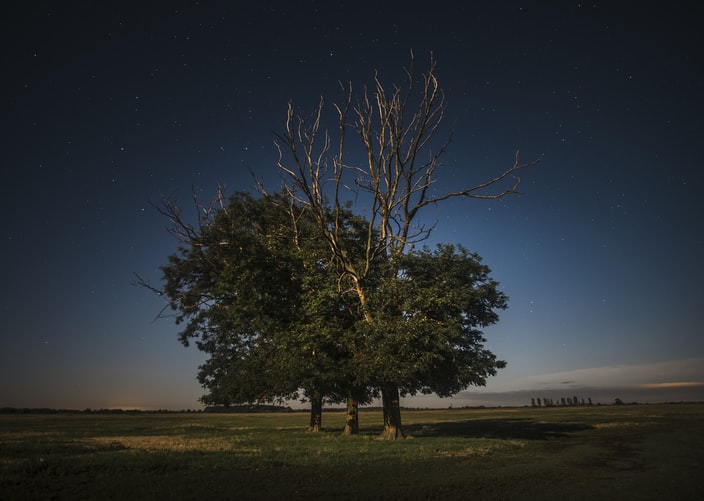By Qasim Swati (United Kingdom)
Also known as ‘Feast of the Sacrifice’, Eid al – Adha is the last of the two Islamic festivals, celebrated by Muslims on the 10th day of Dhu al – Hijjah/Zul – Hijjah (the final and twelfth month in the Islamic calendar) and lasting for up to four days.
Eid al – Adha is not only the time of slaughtering animals and offering two rakats/rak’ahs (units) prayers by the devotees and followers of Islam, but it is an occasion of improving, enhancing and boosting of social, religious, traditional, moral and personal development of the people as well.
It is celebrated by Muslims to honour the willingness of Prophet Ibrahim (Abraham) [peace be upon him] to sacrifice his beloved son, Hadhrat Isma’il/Ismael (Ishmael) [peace be upon him], in order to obey what the Almighty God had ordered him to do by slaughtering his son.
Eid al – Adha is an occasion of celebration by the followers of Islam in commemoration of the survival of the Prophet Ismael (Ishmael) [peace be upon him] and the devotion of Hadhrat Ibrahim (Abraham) [peace be upon him] by proving his readiness and willingness to sacrifice his son for the Pleasure and Happiness of the Almighty Allah. Thus, this Eid gives the Muslims an opportunity for their humble submission to the Will of God (Allah the Almighty) by making a sacrifice of slaughtering animals in the Name of Allah, offering a two rak’ahs prayers, helping the poor and the needy and obeying all other divine commandments and teachings of Islam.
The celebration of Eid al –Adha is an important occasion of having socialization for Muslims by visiting each other, mutual invitations, exchanging of gifts and presents, wearing nice and new costumes and shoes, sharing and enjoying varied sweets and dishes among themselves, etc.
This is a symbol of sacrifice, obedience to our Creator (the Almighty God), sincerity, love, generosity, and sympathy with and helping the poor and the needy.
Like Eid al – Fitr, the Feast of the Sacrifice or Eid al – Adha gives the people (the Muslims who celebrate it) the chance to have a sense of social life, relaxation, peace of mind and salvation from a materialistic, robotic and workaholic lifestyle for some time.
Qasim Swati is a freelance journalist, writer, and human rights activist, based in the UK, and can be reached at https://qasimswati.com or mailto:info@qasimswati.com.

